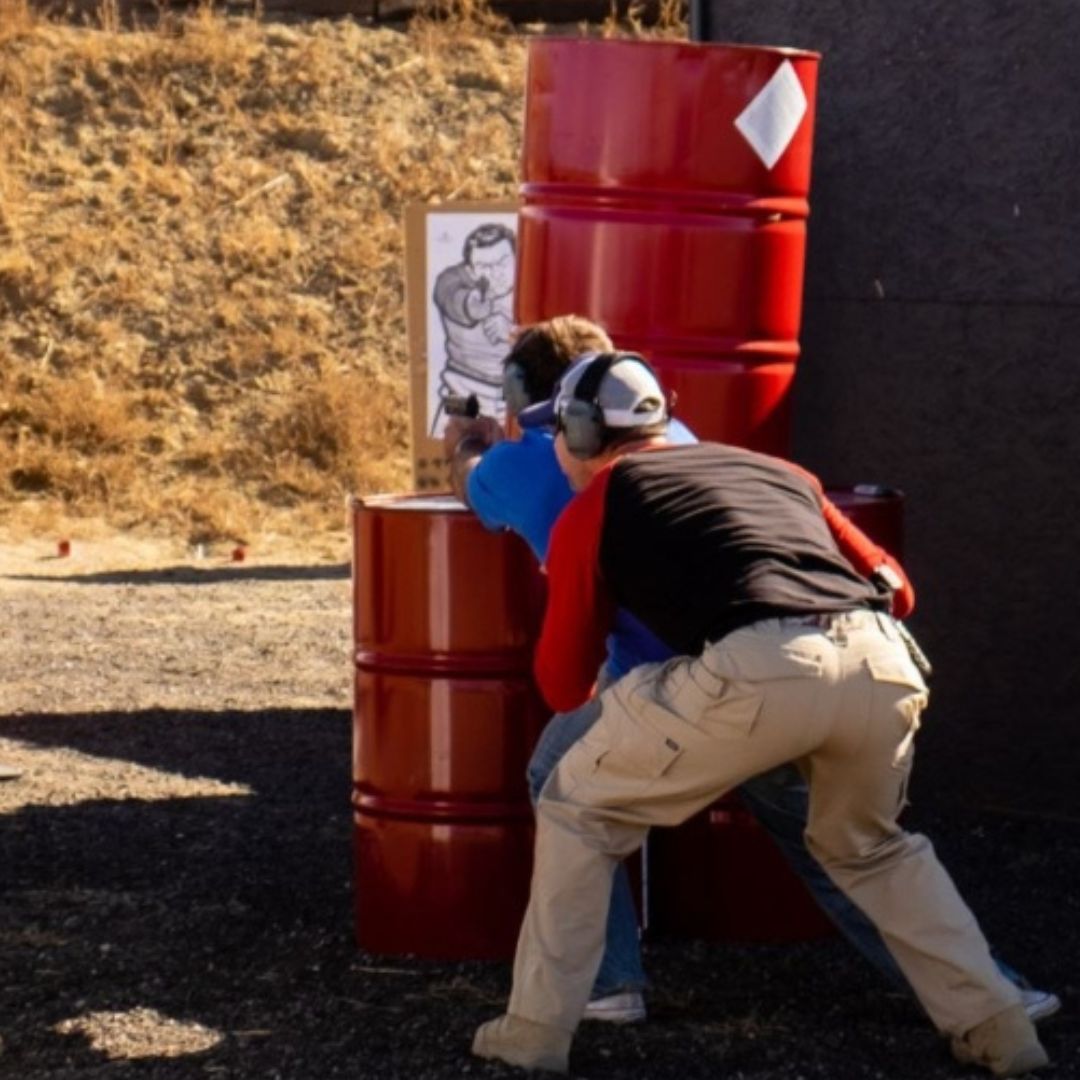
Our CCW (Carrying a Concealed Weapon) Class
Also known as a concealed carry class or handgun safety course, is designed to provide education and training to individuals who want to obtain a permit to carry a concealed firearm. The specific content of CCW classes can vary depending on the state or jurisdiction where the class is being taught, as laws and regulations regarding concealed carry can differ.
However, here are some topics that are commonly covered in CCW classes:
Firearm safety: Basic principles of firearm safety, including safe handling, proper storage, and how to prevent accidents.
Legal and ethical considerations: Overview of relevant laws, regulations, and restrictions related to concealed carry, including state and local regulations, self-defense laws, use of force, and where carrying a concealed weapon is prohibited.
Situational awareness: Techniques for recognizing and assessing potentially dangerous situations, understanding threat levels, and developing an alert mindset.
Firearm basics: Introduction to different types of firearms, their parts, and their functions. This may include information about revolvers, semi-automatic handguns, and their respective operations.
Marksmanship fundamentals: Instruction on the proper grip, stance, sight alignment, and trigger control to improve accuracy and precision when firing a firearm.
More about our CCW Class...
Shooting practice: Live-fire exercises at a shooting range to develop and demonstrate proficiency in handling a firearm safely. This may involve target shooting, drawing from a holster, and shooting from various positions.
Non-lethal alternatives: Discussion of non-lethal self-defense options, such as pepper spray or stun guns, and their potential effectiveness in different situations.
Mental preparation and decision-making: Strategies for evaluating potential threats, de-escalation techniques, and making appropriate decisions regarding the use of lethal force.
Aftermath and legal implications: Information about what to do after a self-defense incident, including contacting law enforcement, interacting with authorities, and understanding the potential legal consequences.
It's important to note that the specific curriculum and duration of CCW classes can vary from state to state. Some states may require a minimum number of classroom hours and live-fire training, while others may have additional requirements or permit prerequisites. It's recommended to consult the laws and regulations of your specific state or jurisdiction to understand the exact requirements for obtaining a CCW permit and the content of the associated training.

